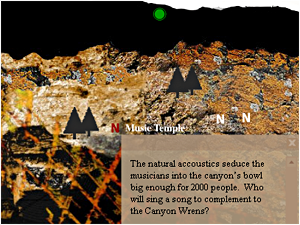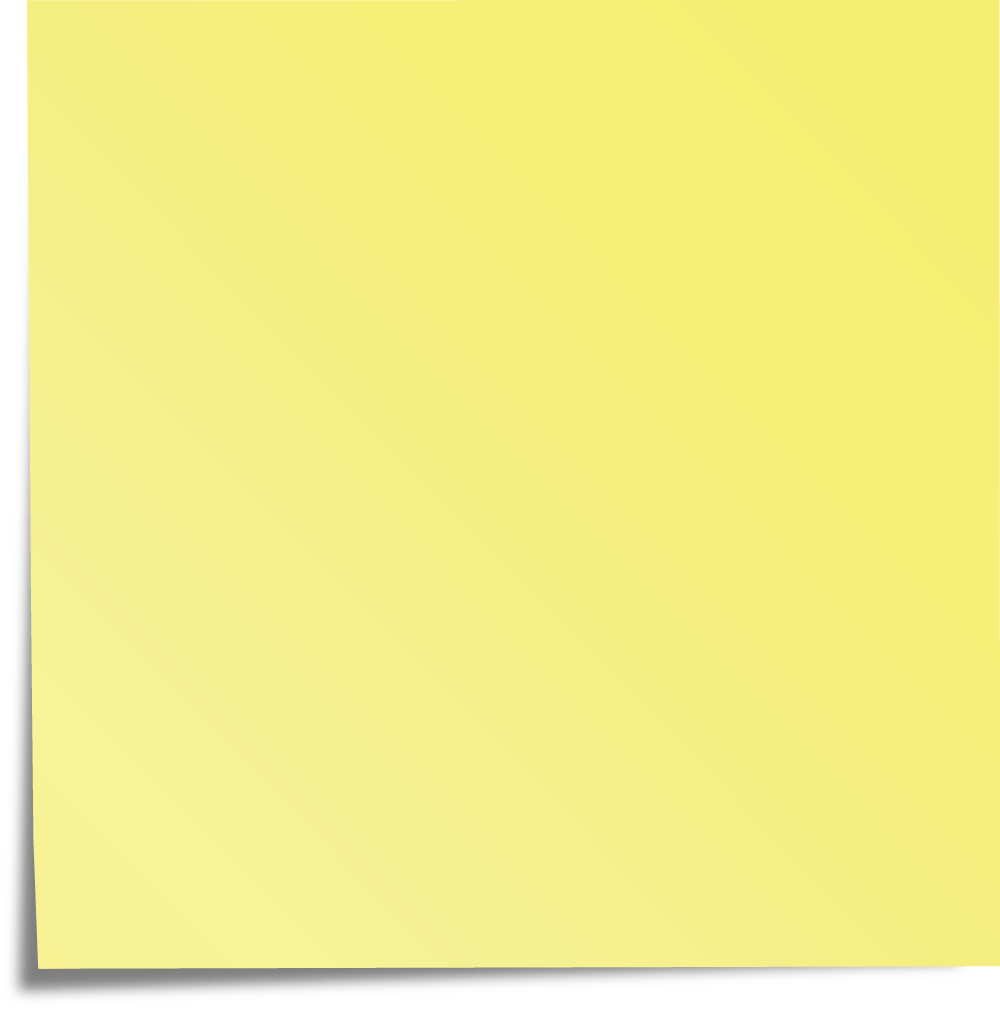


Voyage Into the Unknown effectively evokes the spirit of colonial discovery by presenting the user with a huge map that runs off the screen, which can only be explored a short section at a time, an "infinite canvas" in the parlance of Scott McCloud. But this "map" is actually a landscape itself, as the image is not reducible to reliable cartographic conventions but eventually morphs into other genres with which humans fictionalize the land, such as drawings, writing and photographs. Symbols litter this visually compelling landscape, and while the larger narrative of discovery is enacted in real-time by the user, more detailed narrative information about John Wesley Powell's voyage mutinies, disappearances, conflicts, geographical reports is surrendered piecemeal upon the tactile experience of the territory.
Author description: On May 25, 1869, you join the crew of one-armed Civil War veteran John Wesley Powell along with eight other fellow veterans, hunters and trappers, in an attempt to be the first to navigate the Colorado River through the vast unmapped maze of canyons in the heart of the Great American Desert. Playing the role of one of the crew members, you are well aware that no European-American has boated the formidable Colorado River -- not, at least, and written about it. Turning inward... this is, perhaps, the final American frontier, a terra incognita. This Flash-based interactive work is constructed using an innovative, sequentially loading horizontally scrolling format in which users travel across fiction and documentary artifact. You will travel across writing modes as well as spaces. Knowledge may lie in traveling among such modes. First comes the adventure, then comes its representation. Much later, comes critical examination, and, perhaps, as a whole, re-invention... The work uses the interactive format to bridge genres and modes of expression.
Instructions: Adobe Flash plugin required.
Previous publication: Voyage Into the Unknown was launched in conjunction with its exhibition at the ELO juried media arts gallery show, Visionary Landscapes, Vancouver, WA, May 25-June1, 2008.
Creative Commons Attribution-NonCommercial-NoDerivs 2.5 License.

The Electronic Literature Lab could not preserve this Flash work with Ruffle in February 2021. We do plan to preserve it with Conifer at a later date.